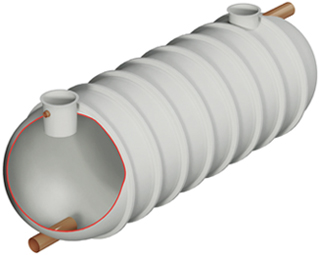New York could be the first state to outlaw the use of microbeads in bathroom cosmetics due to the danger they pose of the wider environment…
When we’re choosing our cosmetics, not many of us tend to stop and think of the potential threat they have to wildlife and the environment we live in, but research has showed that some of them are doing exactly that.
Plastic Pollutants
Certain toothpaste and facial scrub manufacturers contain plastic microbeads in their products in the promise they will aid exfoliation and abrasion. Yet sewage treatment plants are not designed to filter these tiny beads out, so when they are washed away down our bathroom sinks they are settling in their tens of millions within waterways and oceans due to their non-biodegradable components.
As they settle in these areas, they are causing a much more worrying threat to sea organisms and marine life as they have toxic elements and are a pollutant when ingested by surrounding wildlife. Scientists from Wageningen University in the Netherlands have even suggested that these toxins could be travelling back up the food chain and seeing as humans are at the top, they will eventually end up back in our food chain, so essentially we are consuming these toxic products that we wash down the sink ourselves!
Burt’s Bees already use alternative ingredients to the microbead whilst other manufacturers including Proctor & Gamble, Johnson & Johnson have agreed to alter their ingredients and use non-plastic alternatives to the microbeads such as powdered pecan shells, despite these being less cost effective than plastic to produce. But whilst cost remains an issue, other manufacturers will continue to produce these products regardless of the damaging effects they are having.
Beat the Microbead
As part of the Beat the Microbead campaign, the North Sea Foundation and the Plastic Soup Foundation have created a smartphone app launched in 2012 named ‘Beat the Microbead’. This app aims to help detect products that contain plastic microbeads in their ingredients by scanning the product bar code so consumers can have more knowledge when choosing their personal care products in future.
The app is based on colour coding and will show:
- Red – The product contains microbeads.
- Orange – The product still contains microbeads but the manufacturer is replacing them with an alternative in the foreseeable future.
- Green – The product is free from all plastic microbeads.
So why not try downloading the app and when you next go shopping for your bathroom cosmetics, you can scan your products to see if they’re green and safe or red and pose a threat to our wider environment and wildlife.
Go back to








